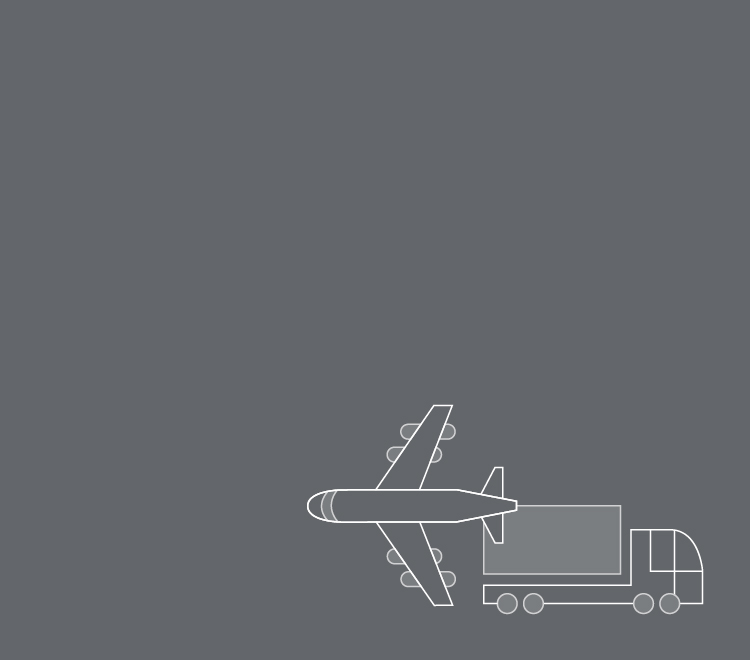18 June 2020
The UK Government announced last week that it will not be seeking an extension to the current transition period, meaning that barring a significant change in the parties' current negotiating position the UK will leave the EU’s single market and customs union on 31 December 2020. The Government has also provided some much needed information on the border controls and customs procedures that will be applied to goods imported into Great Britain from the EU with effect from 1 January 2021.
Contrary to its previous announcement in February (that the UK would implement full border controls on imports coming into Great Britain from the EU) the Government has recognised the impact of the coronavirus crisis on business. As a result, the UK now plans to introduce new, simplified border controls in three stages taking effect on 1 January 2021, 1 April 2021 and 1 July 2021. The measures have been described as a 'flexible and pragmatic approach', to provide industry extra time to make necessary arrangements.
Critically, these measures only relate to imports of goods into Great Britain from the EU. It does not apply to the flow of goods between Northern Ireland and Ireland, or between Northern Ireland and Great Britain. These supply chains will be subject to a separate protocol.
It is also important to note that this is a unilateral approach applied by the UK alone, and goods moving from Great Britain to the EU are expected to face full customs checks when they enter the EU on and after 1 January 2021.
The Government has also announced a support package for customs agents who will be key to making these changes a success. This will help with the recruitment, training and IT investment for these agents along with investment in new border posts where customs checks and formalities will be completed.
In our view, the new plan for post Brexit imports is a broader implementation of the now discarded temporary simplified procedures announced by the previous administration in early 2019.
The three stages are as follows:
- From January 2021
Businesses importing 'standard' goods, covering everything from clothes to electronics, will be required to prepare for basic customs requirements (possibly a simplified declaration at the new custom border and keeping sufficient records of imported goods, potentially in line with the current EU concept of Entry In Declarants Records, or EIDR). Using this approach, businesses will have up to six months to complete formal customs declarations.
While the goods will have a liability to duty at this stage, based on the recently introduced UK Global Tariff, payments can be deferred until the formal customs declaration has been made.
Businesses will also need to consider how they account for import VAT; this is surprising language, but our interpretation is that it reflects the fact that importer will have the option to use postponed accounting to account for the import VAT liability on their VAT return.
There will be checks on controlled goods such as alcohol and tobacco, as well as physical checks at the point of destination or other approved premises on all high-risk live animals and plants.
- From April 2021
All products of animal origin and all regulated plants and plant products will also require pre-notification and the relevant health documentation. Animal origin products will include meat, pet food, honey, milk or egg products.
- From July 2021
From this date, importers in Great Britain will be required to make full customs declarations at the point of importation of goods from the EU and pay relevant tariffs. Additionally, full Safety and Security declarations will be required, while for goods subject to sanitary and phytosanitary (SPS) measures commodities will see an increase in physical checks and sampling which will take place at GB Border Control Posts from this date.
The clear inference is that the physical and documentary requirements of imports of animal and plant derived goods will not apply between 1 January and 30 June 2021.
The support package for the ‘customs intermediary sector’, which includes customs agents, freight forwarders and express parcel operators, is designed to enhance and expand current capabilities to support the significantly increased numbers of import entries businesses will be required to complete after Brexit. The funding will be £50 million to support recruitment, training and supplying IT equipment to help handle customs declarations.
Additionally, the Government has rather belatedly committed to developing the facilities in Great Britain for completing customs formalities and checks, such as customs compliance, transit, and SPS checks. Due to the development of channel ports during the UKs membership of the single market, there is no available space at some ports for new infrastructure, therefore new inland border control sites to carry out these checks and other activities will be developed. The Government is consulting with ports to agree what infrastructure is required.
Confined to the footnotes of the confirmation of this revised approach was confirmation that responsibility for the delivery of new border controls has been transferred from HMRC to the Cabinet Office.
For more information on how to prepare your business for Brexit, please contact RSM’s customs specialist Brad Ashton.









